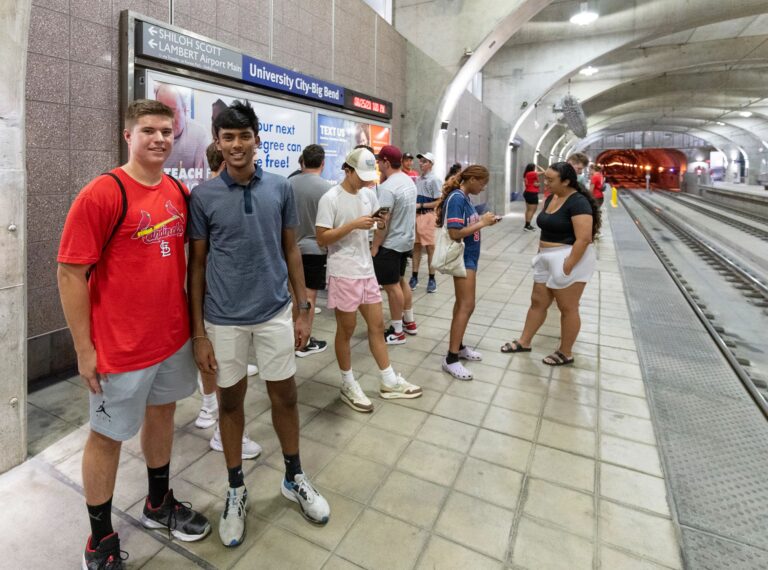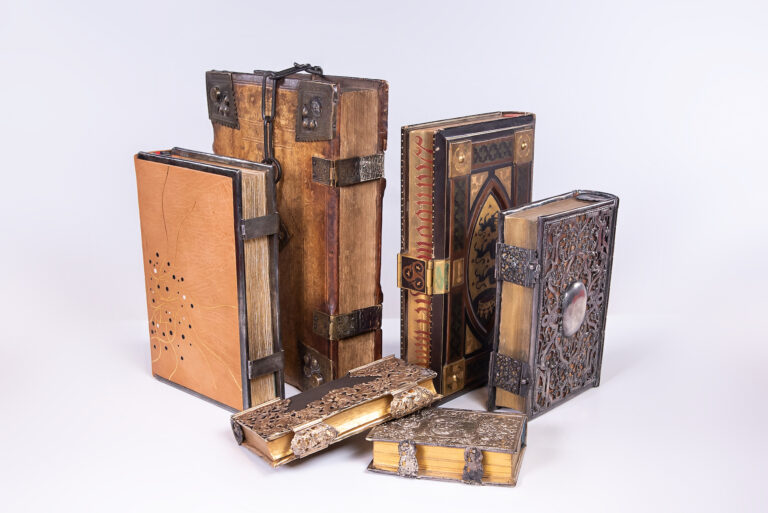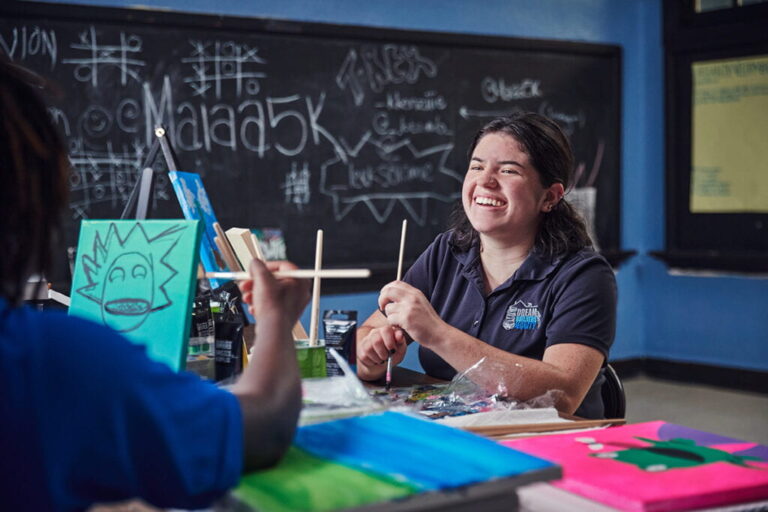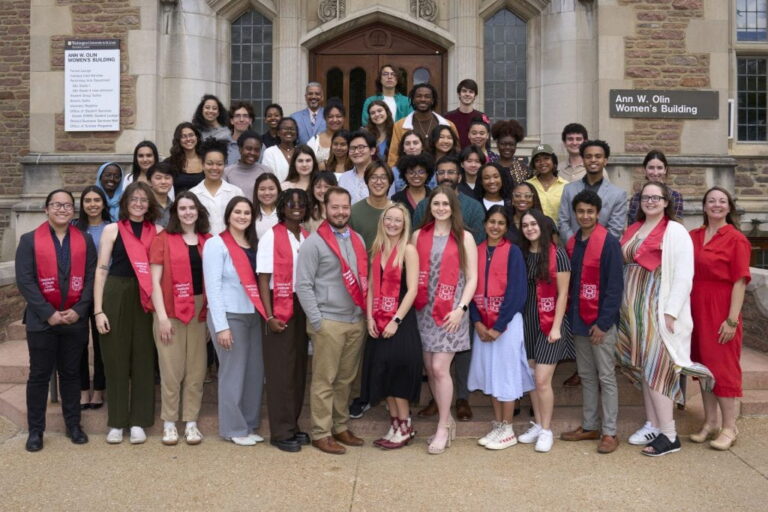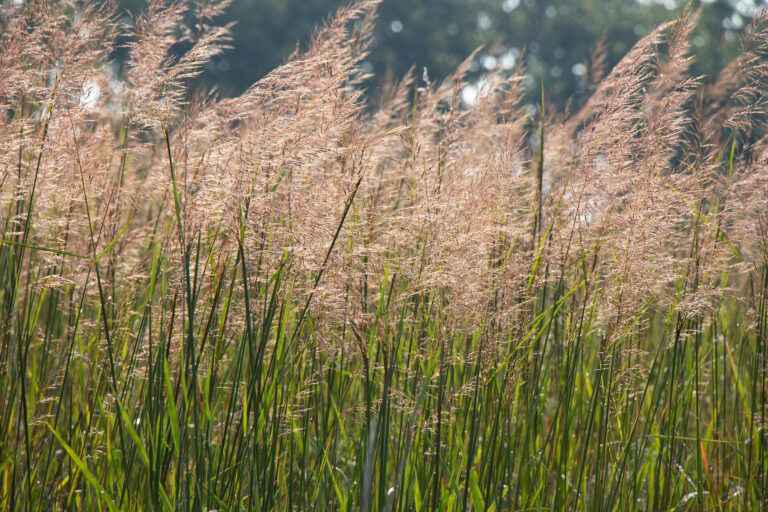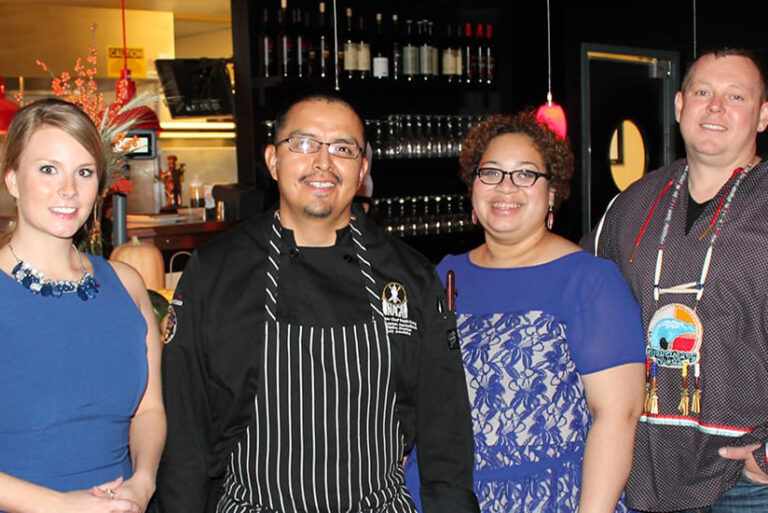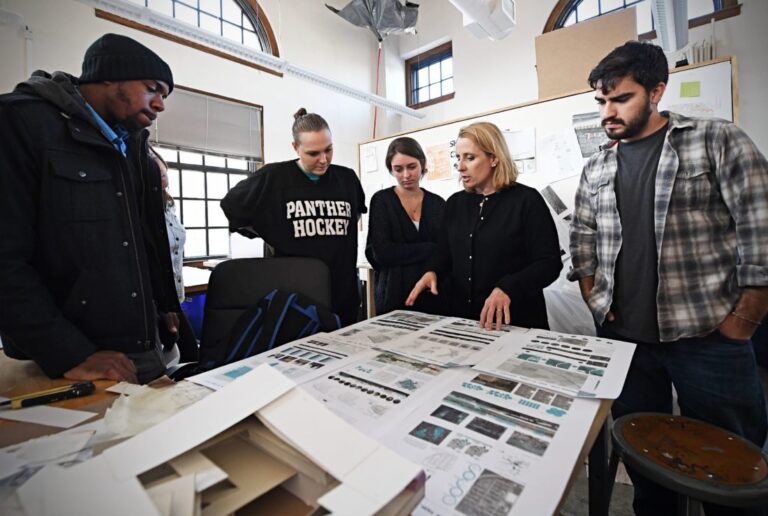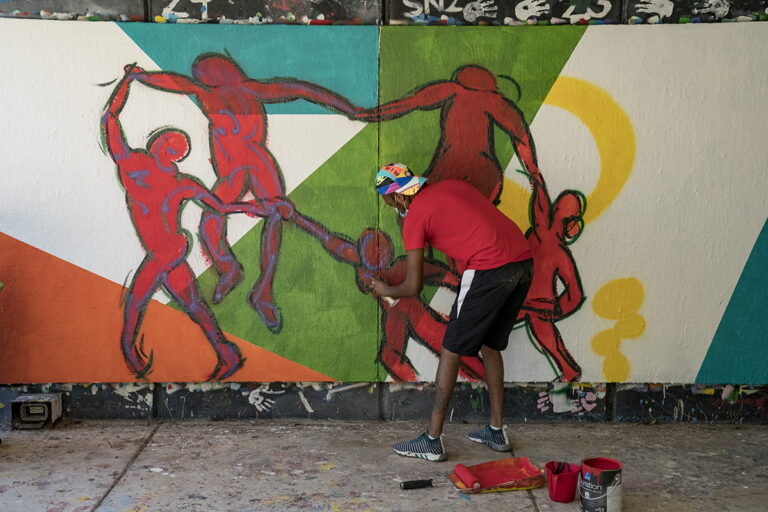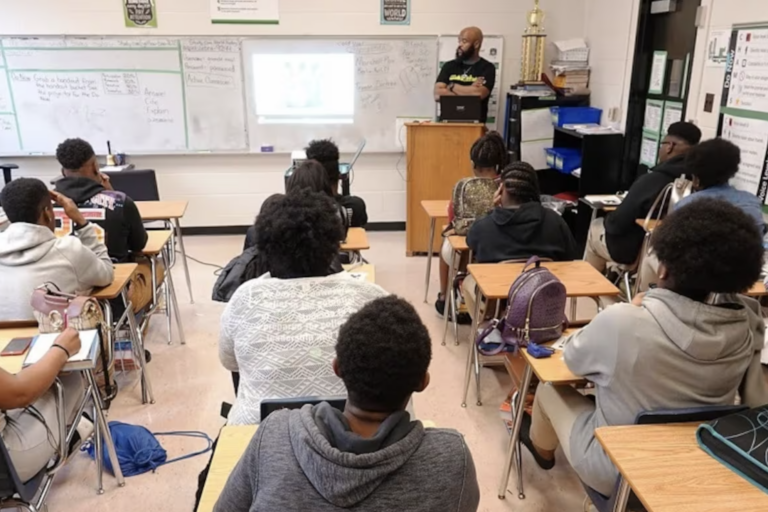“In the Lou” Experiences for First-Year Students
As a part of WashU’s first-year student orientation, called Bear Beginnings, WashU offers “In The Lou” experiences to provide students with opportunities to explore St. Louis and immerse themselves in the rich culture and experiences that that the region has to offer.
Research and Exhibits from University Libraries
The Washington University Libraries are a network of academic resources featuring nine libraries (seven locations on the Danforth Campus, one at West Campus, and one at the Medical School); vast print and electronic collections; and expert librarians whose first priority is helping students and faculty find the information they need. Libraries and exhibits are open to the public.
St. Louis Fellows Program
The St. Louis Fellows Program offers a 6-month civic leadership training to undergraduates who dedicate their summer to St. Louis. Students engage in an experiential curriculum to explore St. Louis’ history, culture, politics, challenges, and opportunities, and contribute to mission-critical work in the region through full-time nonprofit or civic internships.
Civic Scholars Program
The Civic Scholars Program is a two-year civic leadership training with academic coursework and experiential learning for undergraduates. It includes immersive opportunities in St. Louis to engage with local neighborhoods, the policy-making process, and civic change efforts in the region. During the summer, students engage in a Civic Summer project through a nonprofit internship or self-designed civic impact project that often takes place in partnership with St. Louis civic and community organizations.
Alliance for Native Programs and Initiatives (ANPI)
This collaborative effort between the Brown School’s Buder Center with leaders at the St. Louis Zoo, St. Louis Art Museum, Missouri Humanities Council, Missouri History Museum and Lutheran Indian Ministries, is meant to advance Native partnerships and programming. Strengthening collaboration and communication will allow better dissemination of knowledge, stronger programs, and improved outreach.
Social Workers Advancing through Grounded Education (SAGE)
Social Workers Advancing through Grounded Education (SAGE) program recruits, trains and financially supports Brown School Master of Social Work and Master of Public Health students who are interested in completing 360 hours of their practica in Indian Country. Brown School students who are interested in serving Indian Country complete a foundation practicum or field placement within St. Louis. The placement can be on a reservation, or with tribal, social, educational, or governmental agencies.
The Divided City: An Urban Humanities Initiative
“The Divided City” works to bring humanities scholars into interdisciplinary dialogue with architects, urban designers, landscape architects, legal scholars, etc. This initiative includes a number of different projects such as the Sumner Studio Lab, a lab that runs through the academic year to bring together Sumner High students, WashU students, and Ville residents.
Arts as Civic Engagement Program
This program from the Gephardt Institute for Civic and Community Engagement focuses on using the arts as a means for social change. Scholars in the program are immersed in arts-based community engagement in the St. Louis area. Participants are encouraged to foster dialogue, mentorship, and action between themselves and the artistic endeavors in the St. Louis area. Previous fellows have worked at the Contemporary Art Museum, the Griot Museum for Black History, and the Shakespeare Festival in St. Louis.
Creative Community Support
The Creative Community Support programming helps bring together the literary arts and creative practice communities across WashU and throughout St. Louis. This support programming is meant to help foster relationships between faculty from different departments and school, support creative programs on campus and offer an inclusive environment in the literary arts at WashU. Projects include the St. Louis Literary Arts program, offers an up-to-date calendar of literary happenings in St. Louis, and co-sponsorship of events that may happen in the St. Louis area.
AFAS Summer Institute for High School Teachers
This eight day Summer Institute at WashU is for St. Louis metropolitan region high school teachers who either incorporate aspects of Black culture, history, and literature in their courses or teach at a school that offers or plans to offer the AP/African American Studies course. The Institute centers St. Louis as the focal point for various themes and topics related to African & African American Studies.
